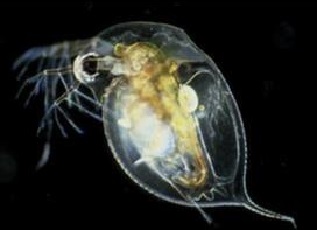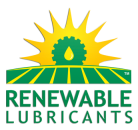ENVIRONMENTAL ACUTE TOXICITY TESTS

Renewable Lubricants’ Biobased Products are environmentally responsible lubricants that are formulated from renewable agricultural resources. They should be especially used where low toxicity and biodegradability properties are required. RLI’s fluids, including additive technology evaluation for each constituent substance, have been reviewed and tested to be environmentally non-toxic and exceed the U.S. Fish and Wildlife Service and the U.S EPA VGP acute toxicity criteria100 mg/L for hydraulic fluids and 1000 mg/L for total lost fluids. The Environmental Protection Agency (EPA) 2013 Vessel General Permit (VGP) guidelines for Environmentally Acceptable Lubricants (EALs) provides in Appendix A Definition “Minimally-Toxic” means a substance must pass either OECD 201, 202, and 203 for acute toxicity testing, or OECD 210 and 211 for chronic toxicity testing. For purposes of the VGP, equivalent toxicity data for marine species, including methods ISO/DIS 10253 for algae, ISO TC147/SC5/W62 for crustacean, and OSPAR 2005 for fish, may be substituted for OECD 201, 202, and 203.
More Information
Additional Information for Environmentally Acceptable Lubricants
ASTM D-6046 Environmental Impact Classification of Lubricant Tests
- OECD 201 Alga, Growth Inhibition Test
- OECD 202 Daphnia, Immobilization and Reproduction Test
- OECD 203 Fish, Acute Toxicity Test
EPA560/6-82-002, Sections EG-9 and ES-6
Environmentally Acceptable Lubricants. US EPA, November 2011
